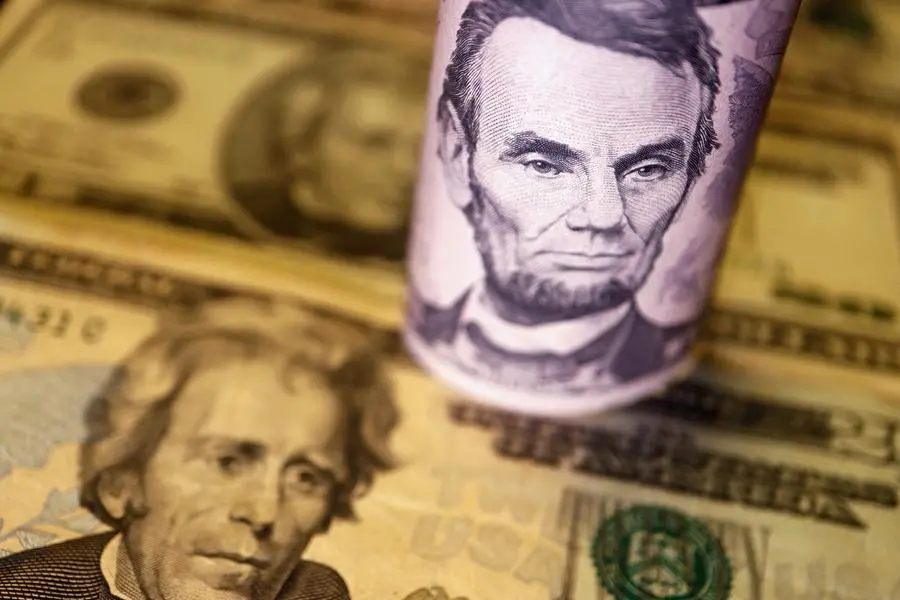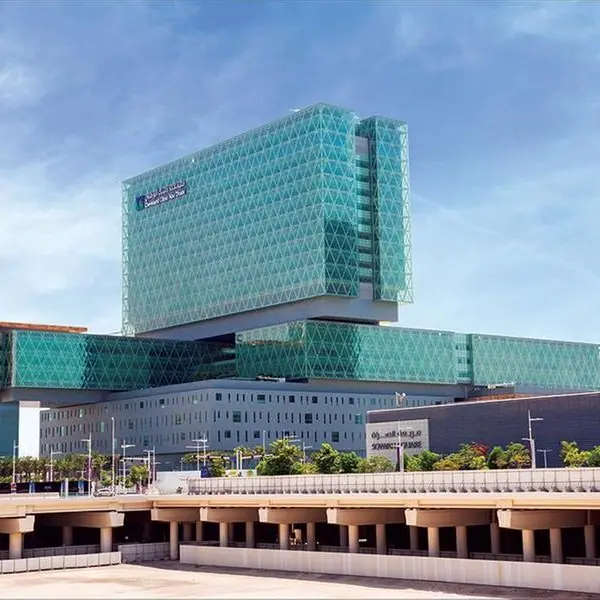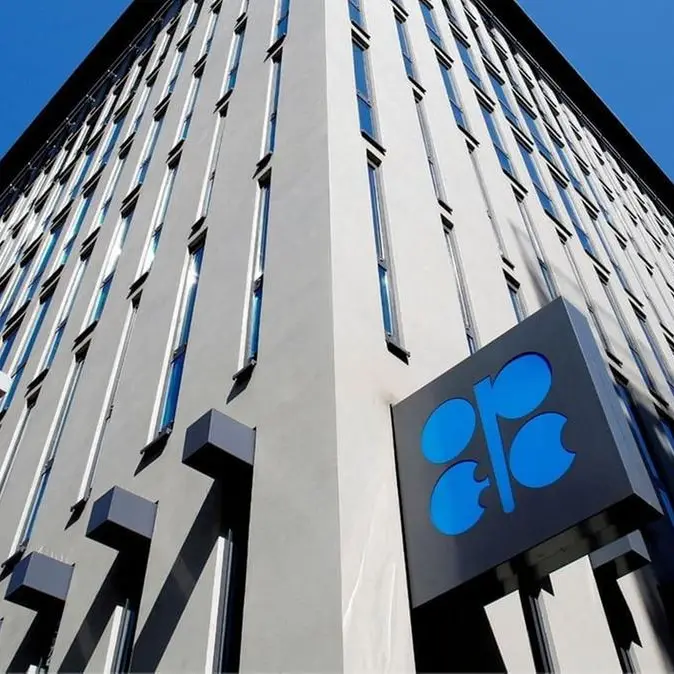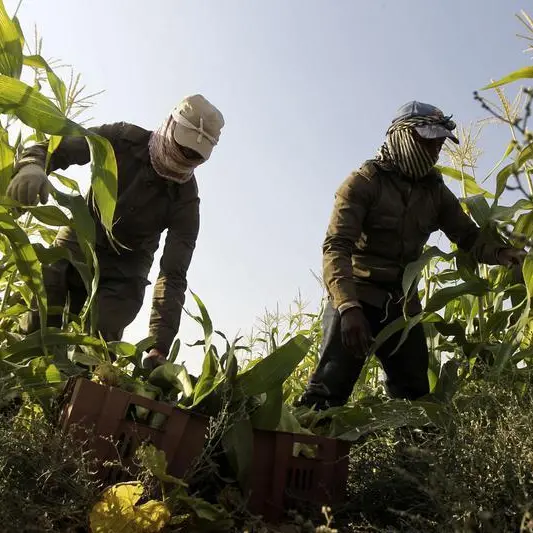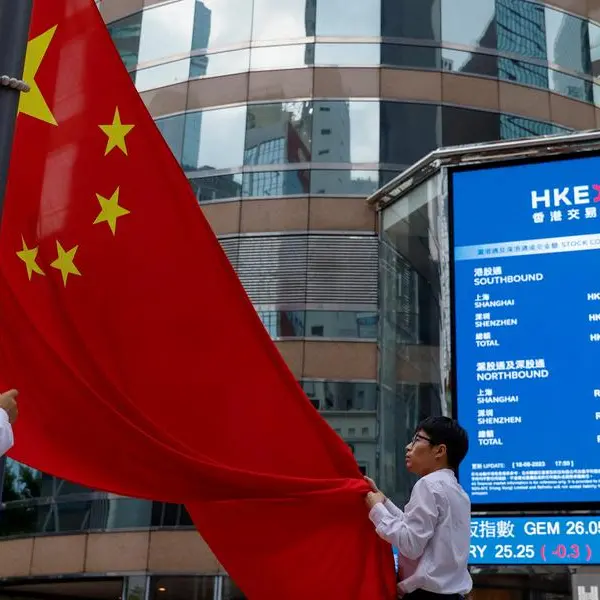PHOTO
DUBAI - International investors focused on distressed debt said they are eyeing opportunities in the Gulf region, where banks may need to make provisions for more non-performing loans as companies navigate global economic headwinds and post-COVID-19 recovery.
Higher interest rates globally and a strong U.S. dollar - to which most regional currencies are pegged - are translating into higher borrowing and other costs in the non-oil private sector.
Corporate restructuring opportunities have improved with the introduction of legislative changes, which are bringing rules more in line with global standards. Some successful examples of these changes have also reduced the stigma attached to insolvency.
For example, Saudi Arabia, the region's biggest economy, introduced a bankruptcy law in 2018 and the United Arab Emirates enacted one in 2016 and amended it in 2020.
On Tuesday, U.S. hedge fund Davidson Kempner said that investment funds it advises have acquired a non-performing loans portfolio from the United Arab Emirates' Abu Dhabi Commercial Bank ADCB.AD worth 4.2 billion dirhams ($1.14 billion).
Executives from distressed debt investors SC Lowy and Fidera have also said they plan to set up a presence in the UAE this year.
"Historically, the sellers of debt have been foreign banks, but local banks are beginning to understand the opportunity to get rid of some of the debt on their books," Dilip Massand, chief executive officer of UAE-based Phoenix Advisors, earlier told Reuters.
"The learning curve is the pricing, and the matching of expectations between the buyers and the sellers," Massand said.
About $60 billion in Gulf corporate debt is due to mature in the next three years, about 80% in the UAE and Saudi Arabia, according to Samar Haydar, head of GCC corporates at Fitch Ratings.
Berkay Oncel, head of investments for the Middle East at SC Lowy, has told Reuters his firm is looking at various opportunities in the region.
"Banks are becoming more proactive in managing their loan books and we are seeing more interest to explore secondary market alternatives rather than legal enforcement," Oncel said.
($1 = 3.6729 UAE dirham)
(Reporting by Yousef Saba and Rachna Uppal; Editing by Sharon Singleton)
